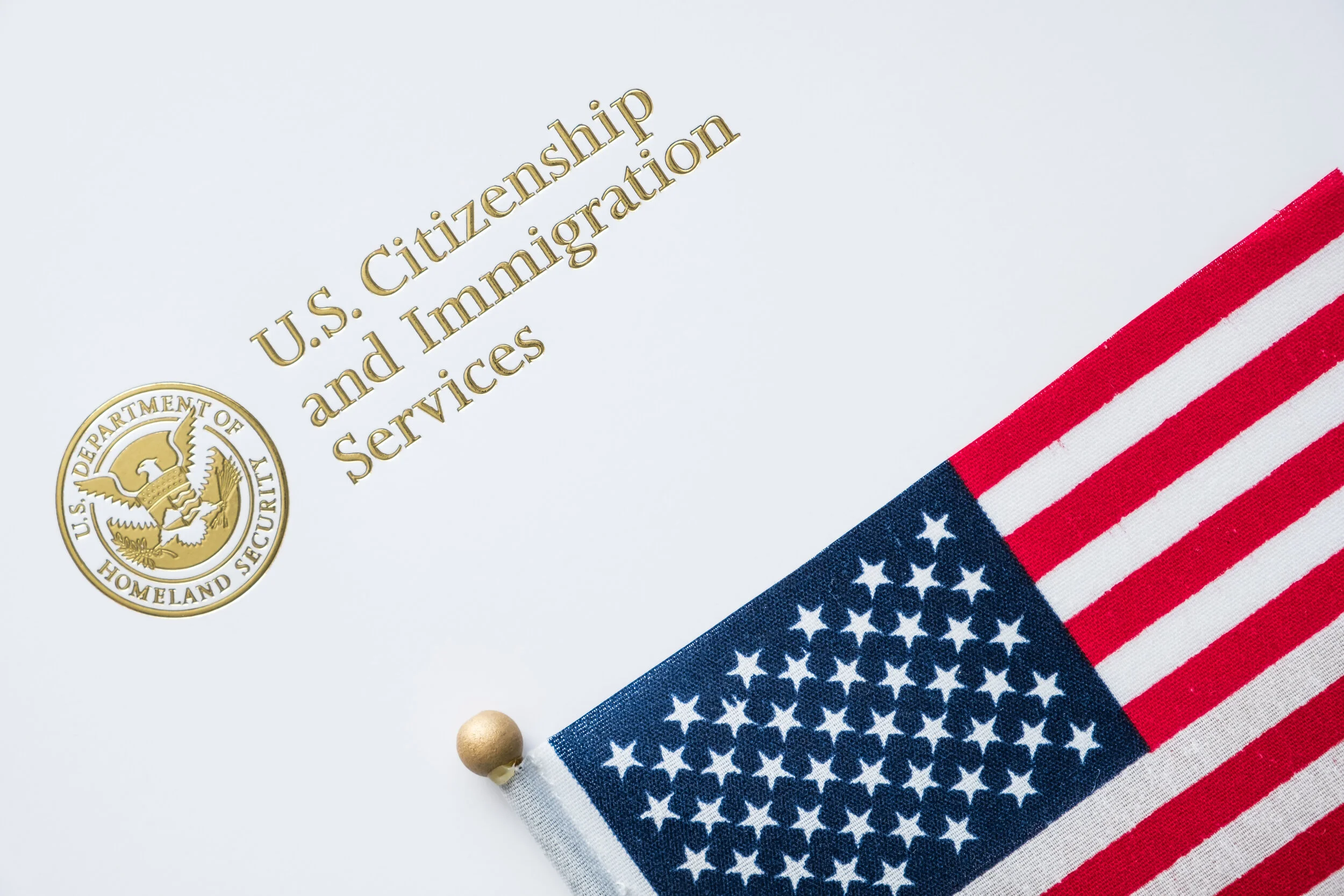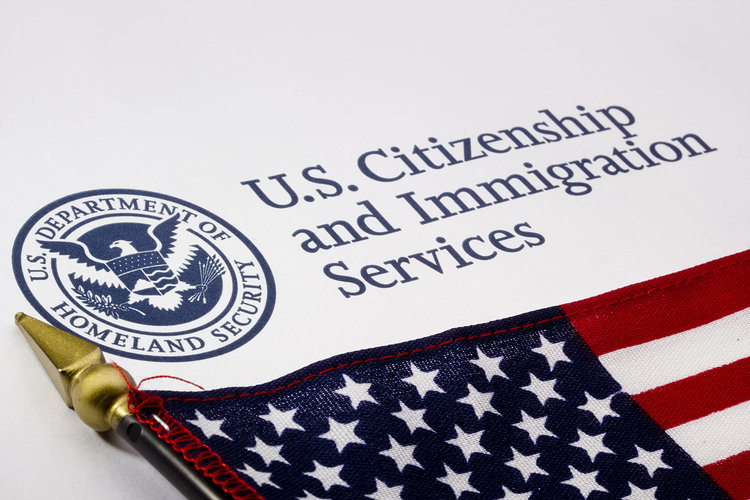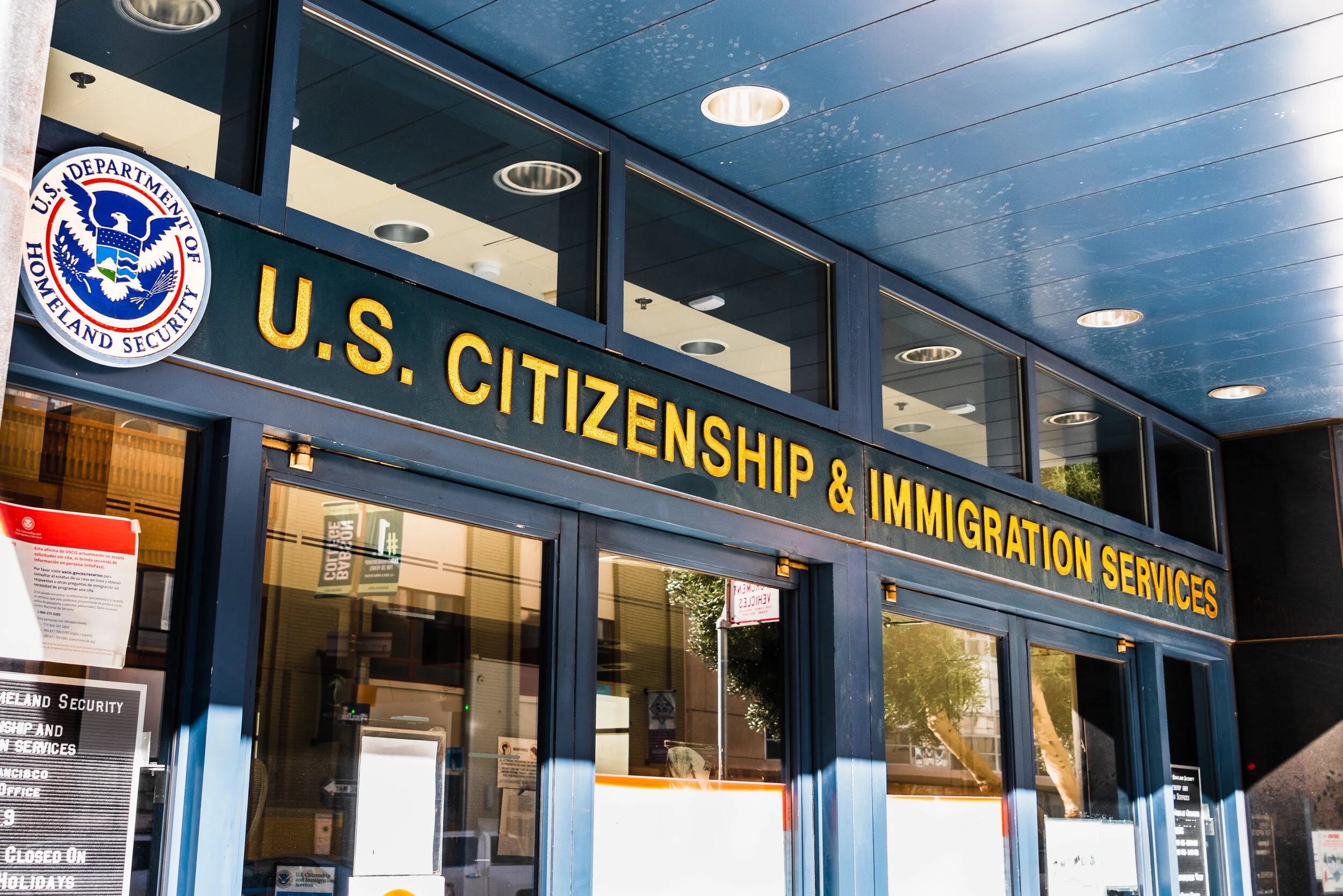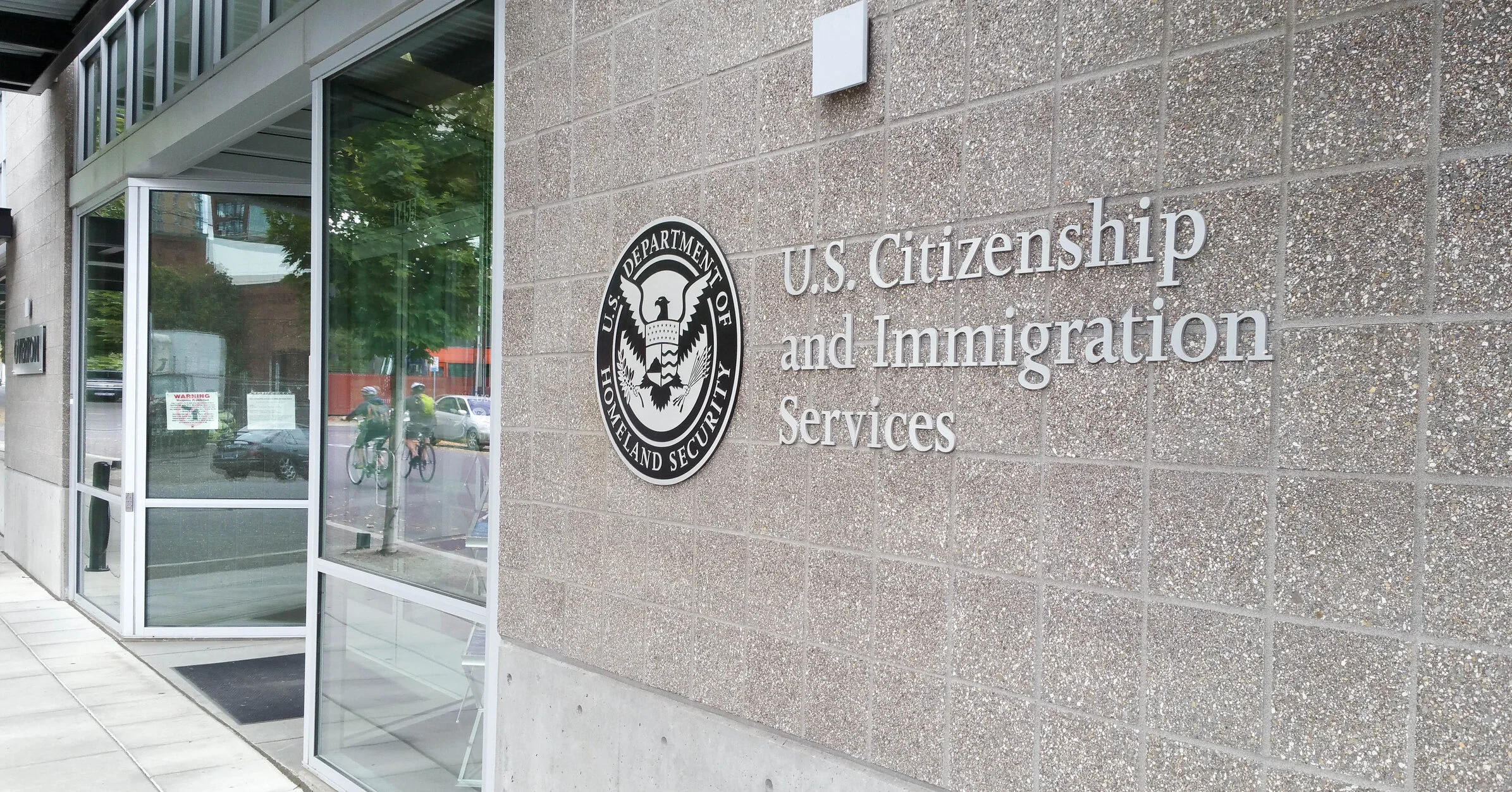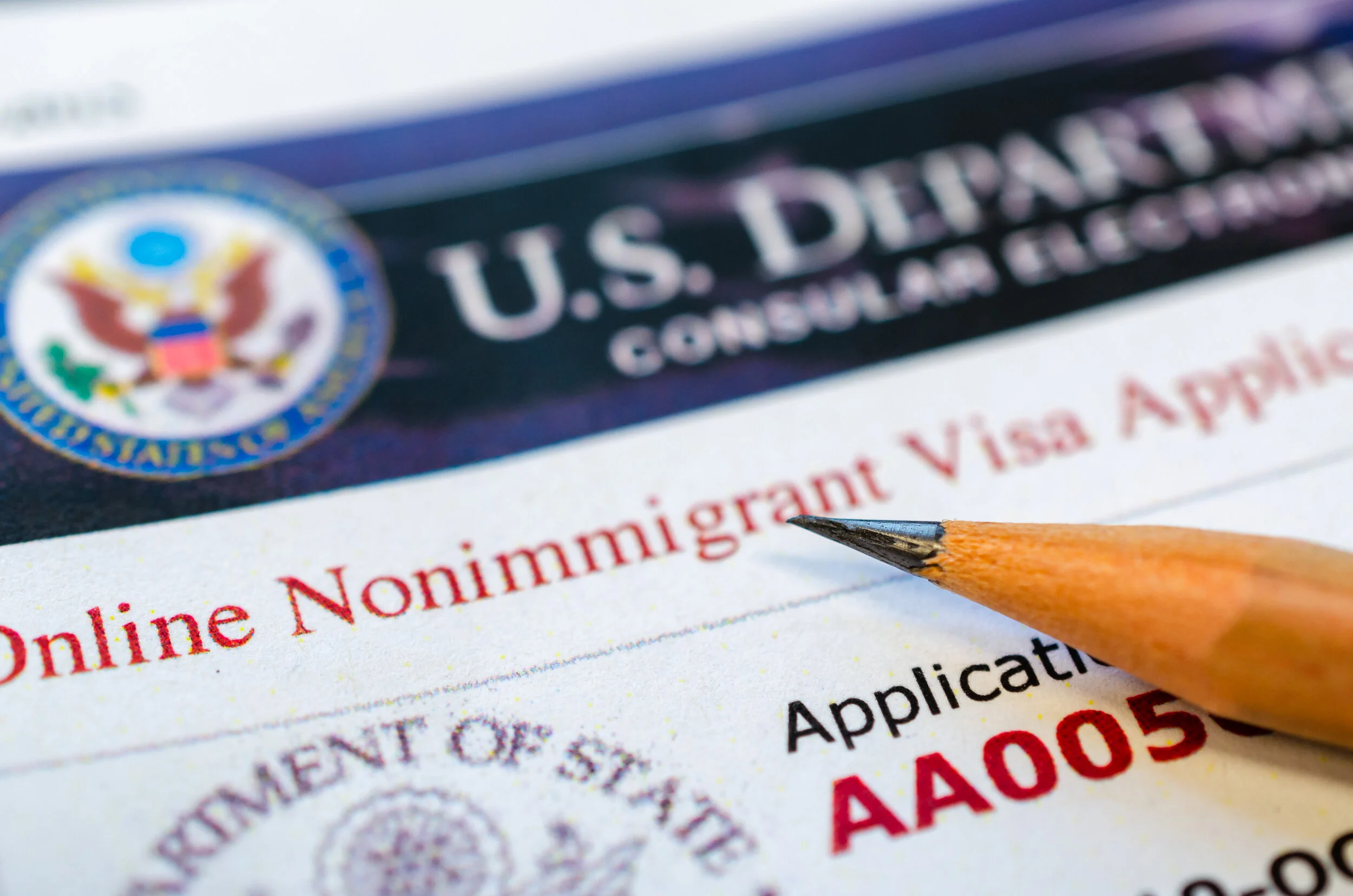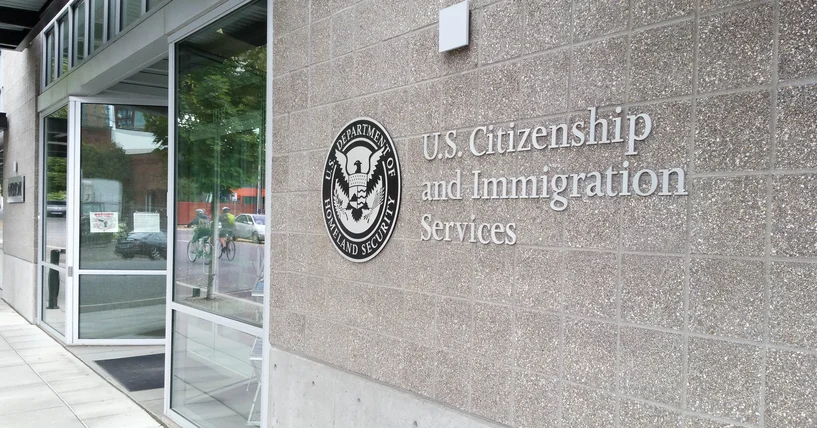U.S. Citizenship and Immigration Services (USCIS) announced today that it will increase the premium processing fee for most petitions currently eligible for premium processing to $2,500 (yes, that’s a 75% increase!). The new processing fee takes effect on Monday, October 19. For petitions requesting H-2B or R-1 (religious workers) classification, the fee will increase from $1,440 to $1,500.
Read MoreAs part of an appropriations bill that was passed last week to fund the US government, Congress has authorized U.S. Citizenship and Immigration Services (USCIS) to raise its premium processing fees from $1,440 to $2,500, and to expand the petitions and applications eligible for premium processing to include applications for employment authorization (Form I-765), applications to change or extend status (Form I-539), and immigrant petitions for multinational managers and executives (Form I-140). The Department of Homeland Security (DHS) also will have the authority to designate other cases for premium service.
Read MoreEarlier this week, a federal judge blocked USCIS from increasing its filing fees, which were scheduled to take effect today, October 2. The judge found possible procedural and substantive violations under the Administrative Procedures Act, and defects in the way the Acting Secretaries for the Department of Homeland Security at the time had been appointed, the combination of which made him decide to temporarily block the proposed fee increases until these issues could be thoroughly addressed.
Read MoreUSCIS started selecting additional H-1B lottery registrations this week from the registrations that were not selected in March 2020. The newly selected registrations have notices that say “August 2020 Selection of Reserve Registration” and indicate a filing period of 8/17/2020 – 11/16/2020.
U.S. Citizenship and Immigration Services (USCIS) announced today that it will increase most of its government filing fees effective October 2, 2020, due to budgetary shortfalls. It also will change the premium processing time from 15 calendar days to 15 business days. Finally, it will issue new versions of Form I-129 and Form I-765 in the next 30 days, which also will take effect on October 2, 2020.
Read MoreAfter temporarily suspending premium processing for nonimmigrant (I-129) and immigrant (I-140) petitions due to COVID-19, USCIS announced on May 29, 2020 they will resume premium processing services in the following four phases:
Read MoreAs USCIS prepares to reopen its domestic offices on June 4 for face-to-face services, such as interviews, collection of biometrics, and naturalization ceremonies, it will implement certain measures to ensure social distancing.
Read MoreTThe Department of State (DOS) has issued its December 2019 Visa Bulletin. Overall, most employment categories had little forward movement. Employment-based category 1 (“EB-1) for most nationals advances by 44 days while for Chinese nationals it moves forward by 103 days. There is no change for Indian nationals in the EB-1 category.
Read MoreU.S. Citizenship and Immigration Services (USCIS) plans to increase most of its government filing fees, and change the premium processing time to 15 business days instead of calendar days due to budgetary shortfalls.
Read MoreA federal judge in Portland, Oregon has temporarily stayed President Trump’s latest Proclamation, which would require applicants for immigrant visas to show their ability to obtain health insurance within 30 days of entry into the United States. The Proclamation was set to take effect on Sunday, November 3 but is temporarily on hold while the legal challenge to the Proclamation is adjudicated. If the Proclamation takes effect, applicants who fail to demonstrate the financial resources to obtain health insurance will have their visa applications denied.
Read More
